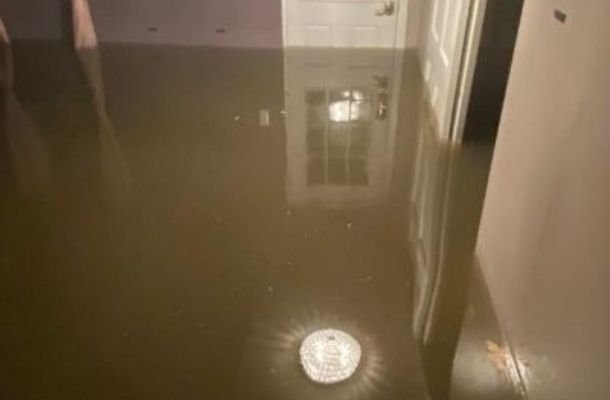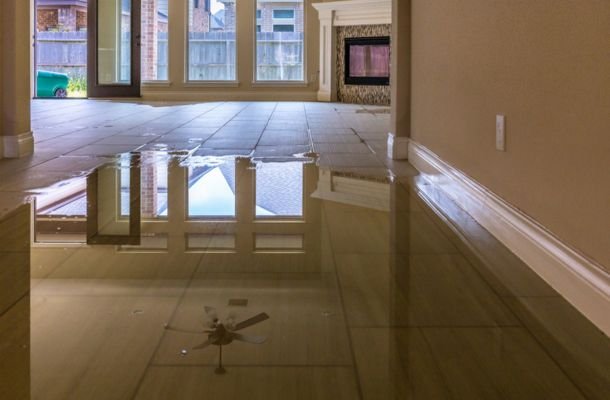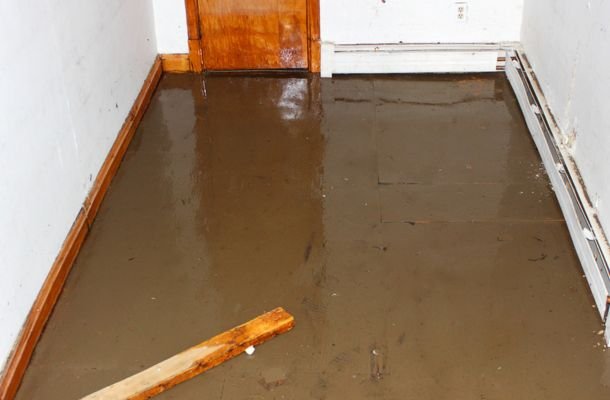Preventing basement flooding is crucial for maintaining the integrity of your home. Here’s some expert advice to help you safeguard your basement:

1. Ensure Proper Grading
- Slope the Ground Away from the Foundation: Make sure the ground around your home slopes away from the foundation. This prevents water from pooling near the walls and seeping into the basement.
2. Install a Sump Pump
- Primary and Backup Pumps: A sump pump is essential for homes in areas prone to flooding. Ensure you have both a primary sump pump and a battery-powered backup in case of power outages.
3. Maintain Gutters and Downspouts
- Regular Cleaning: Keep gutters and downspouts free of debris to ensure they can channel rainwater away from the foundation.
- Extend Downspouts: Downspouts should extend at least 5 to 10 feet away from your home to prevent water from accumulating around the foundation.
4. Waterproof the Basement
- Seal Cracks: Inspect the basement walls and floors for cracks and seal them with waterproof sealant.
- Interior Drainage System: Consider installing an interior drainage system that collects water before it enters your basement and directs it to the sump pump.
5. Install Window Well Covers
- Protect Basement Windows: If you have basement windows below grade, install window well covers to prevent water from entering through them.
6. Check and Maintain Plumbing
- Inspect for Leaks: Regularly check pipes and plumbing fixtures for leaks, as even minor leaks can contribute to basement flooding over time.
- Install a Backwater Valve: A backwater valve can prevent sewage from backing up into your basement during heavy rain or flooding.
7. Improve Yard Drainage
- French Drains and Swales: Consider installing French drains or swales in your yard to redirect water away from your home.
- Dry Wells: A dry well can help disperse water collected from downspouts and other drainage systems.
8. Test Your Systems Regularly
- Sump Pump Testing: Periodically test your sump pump to ensure it’s functioning correctly. Consider scheduling annual maintenance with a professional.

9. Keep Valuables Off the Floor
- Elevate Belongings: Store valuables, electronics, and important documents in waterproof containers and keep them off the basement floor to minimize damage in case of flooding.
10. Consider Professional Waterproofing
- Consult an Expert: If your basement is prone to flooding, it may be worth consulting with a waterproofing expert to assess your situation and recommend the best solutions.
By following these tips, you can significantly reduce the risk of basement flooding and protect your home from potential water damage.


